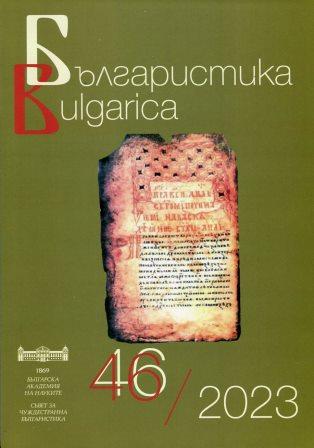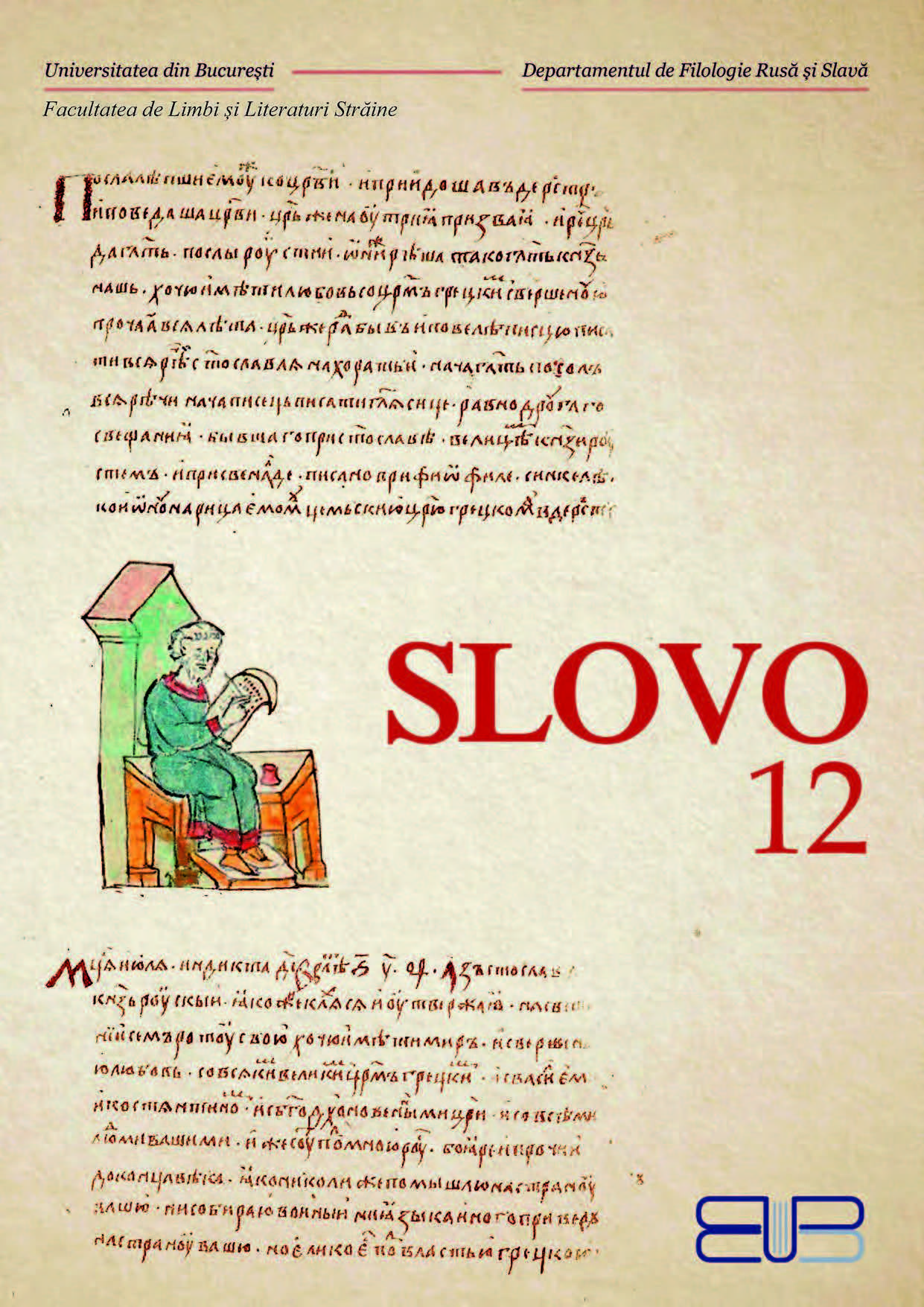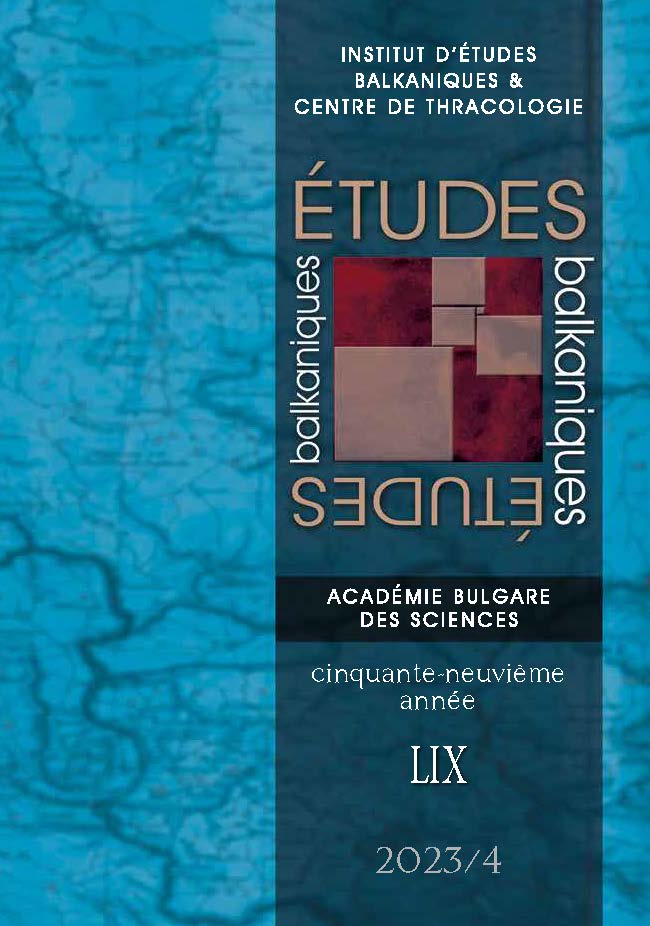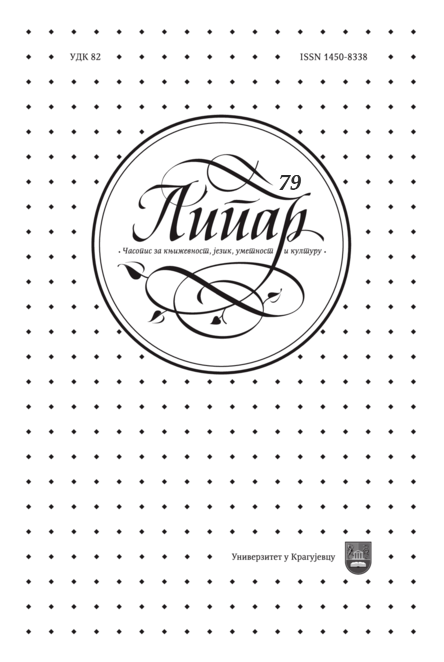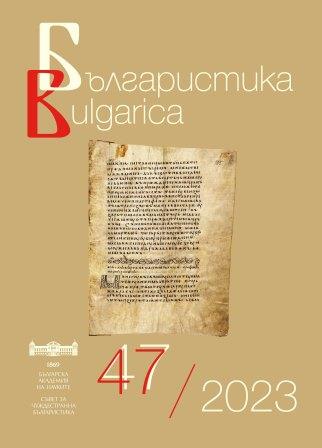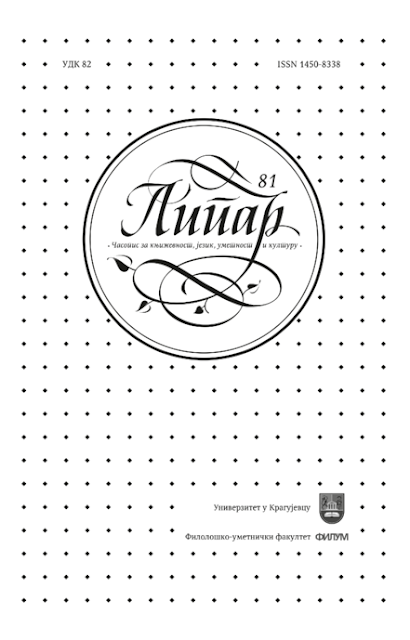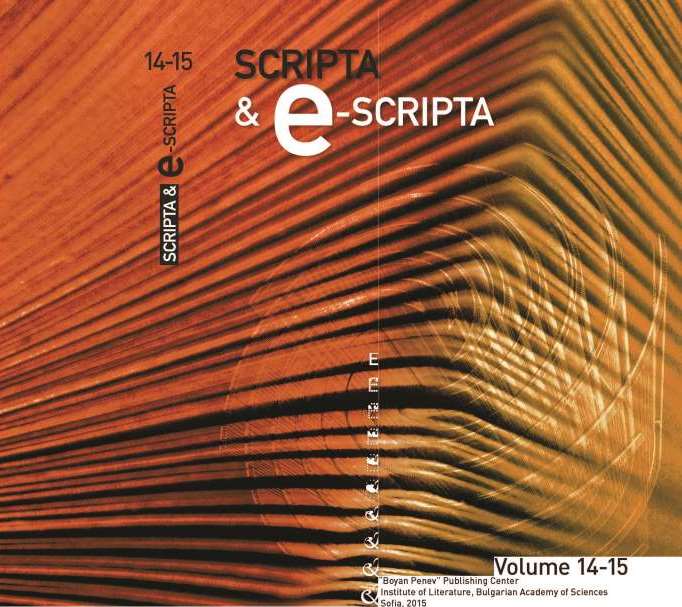
Исторический корпус как цель и инструмент корпусной палеославистик
The author of the article describes the features of diachronic corpuses, created on the base of medieval Slavic codices. Their specificity in terms of compliance and transcription of the original objects is presented and the ratio of the markup standards and characteristics of Old Church Slavonic texts, specialized forms for searching and for displaying samples as well. The formation of a new applied section in medieval studies: corpus palaeoslavitic with computer tools is argumented and defined.
More...
